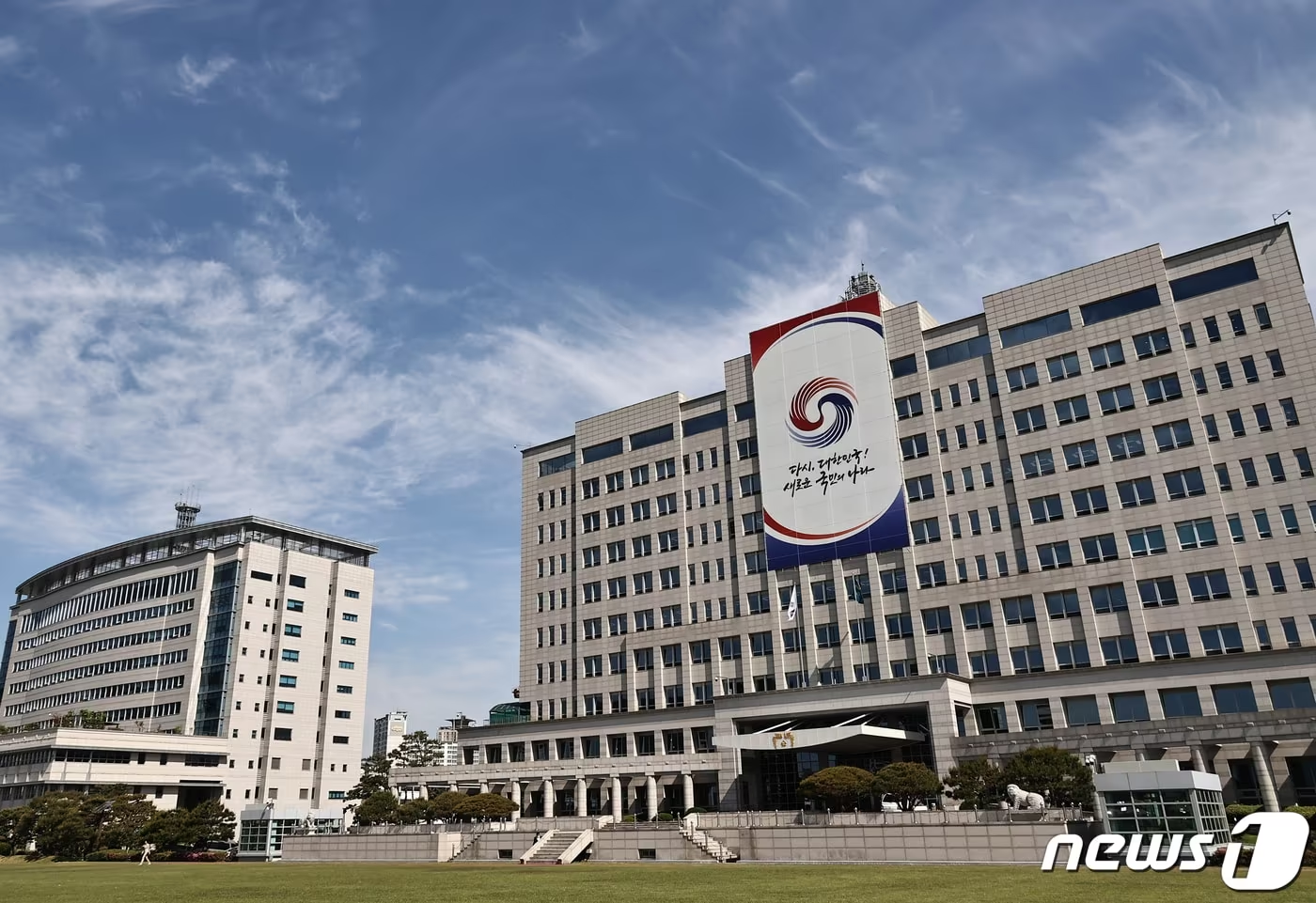
The South Korean Presidential Office reaffirmed its existing stance regarding the National Assembly’s Legislative and Judiciary Committee’s hearing on the Request to Propose Impeachment of President Yoon Suk Yeol’s citizens’ petition, stating, “We will not compromise on anything that is unconstitutional or violates the law.”
A key official from the Presidential Office said in a call that day, “We need to consider whether it is appropriate to attend a hearing that the political sector argues may be unconstitutional and illegal,” thus reaffirming their position.
“Isn’t there already controversy over the hearing itself, with the People Power Party opposing it?” the official added.
On the same day, the Democratic Party called Kang Yi Goo, the presidential office chief of staff, Kim Yong Hyun, the presidential security chief, and Park Jong Hyun, an administrative officer from the Public Discipline Secretary’s office, to testify as witnesses at the hearing.
The Presidential Office states there is no need to submit a non-attendance letter as the hearing is illegal.
The public petition lists five grounds for impeachment: suspected interference in the investigation of a Marine Corps case, allegations concerning Mrs. Kim Keon Hee, instigation of a war crisis, promotion of pro-Japanese resolutions to the issue of forced conscription by Japan, and support of the ocean dumping of Fukushima’s radioactive water.
The Presidential Office explains that the impeachment hearing is invalid because Kim’s suspicion of stock manipulation occurred before her marriage to Yoon, and the remaining cases under investigation or trial are not subject to the petition.
Moreover, the Presidential Office has expressed concerns about the procedural correctness of the actions taken by Democratic Party members of the Legislative and Judiciary Committee. These members visited the Presidential Office last Friday to deliver attendance requests for the July 19 and 16 hearings to seven individuals, including the head of the auxiliary office, Kang Ui Gu.
They argue that delivering the request directly to the Presidential Office without first sending it to the individuals not initially intended to be witnesses constitutes legislative intimidation against the executive branch.
